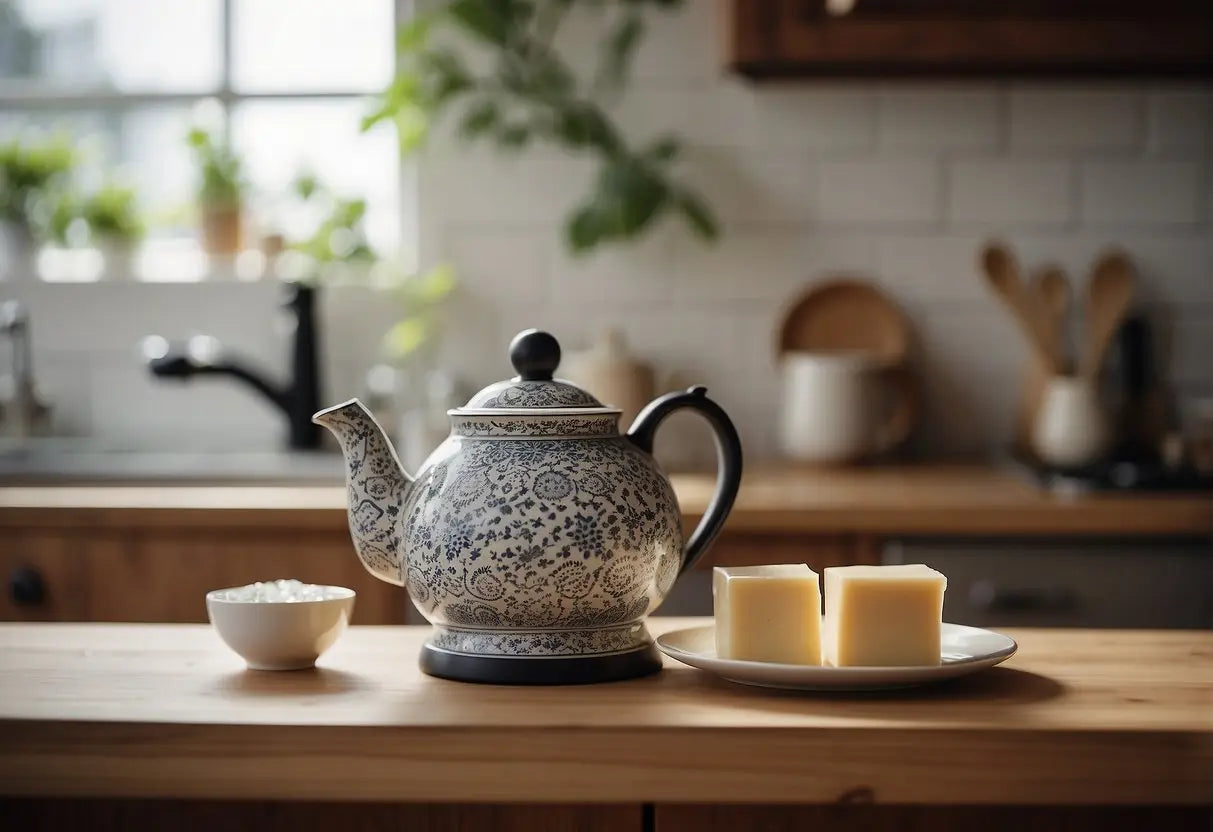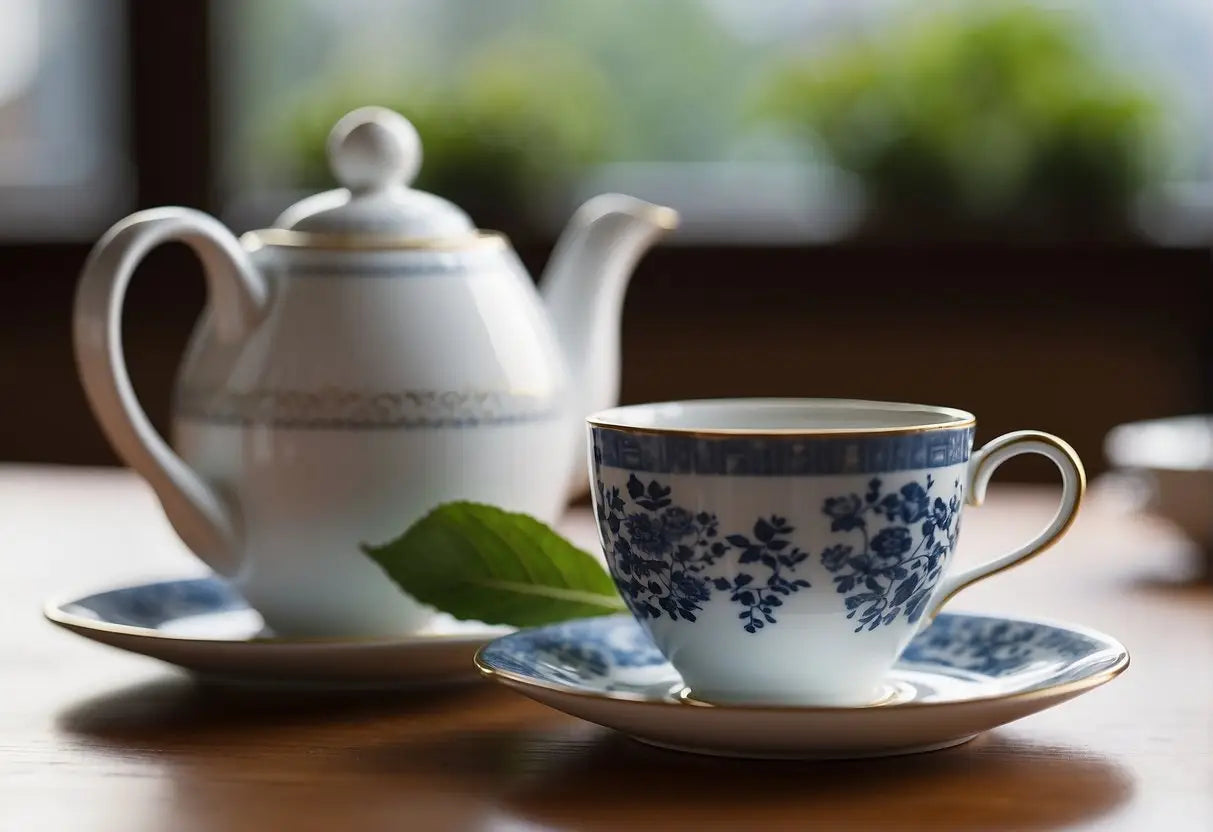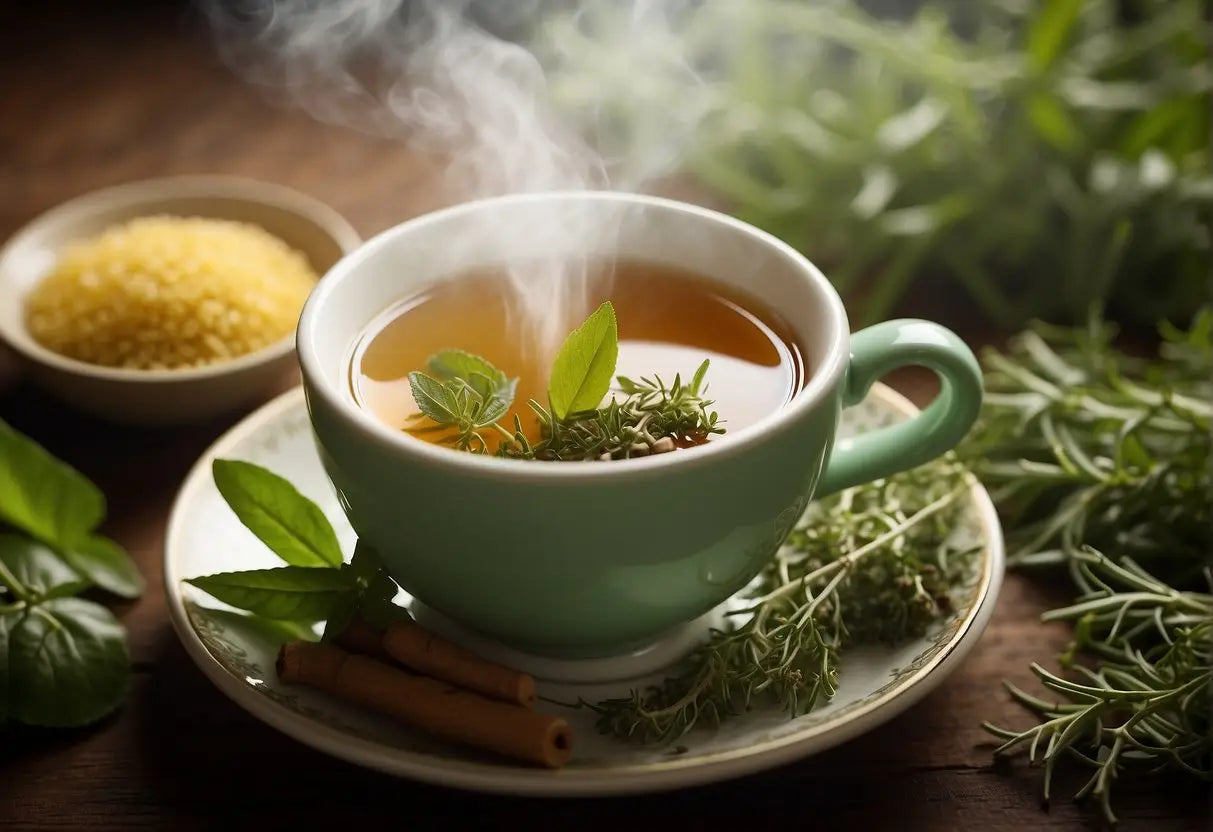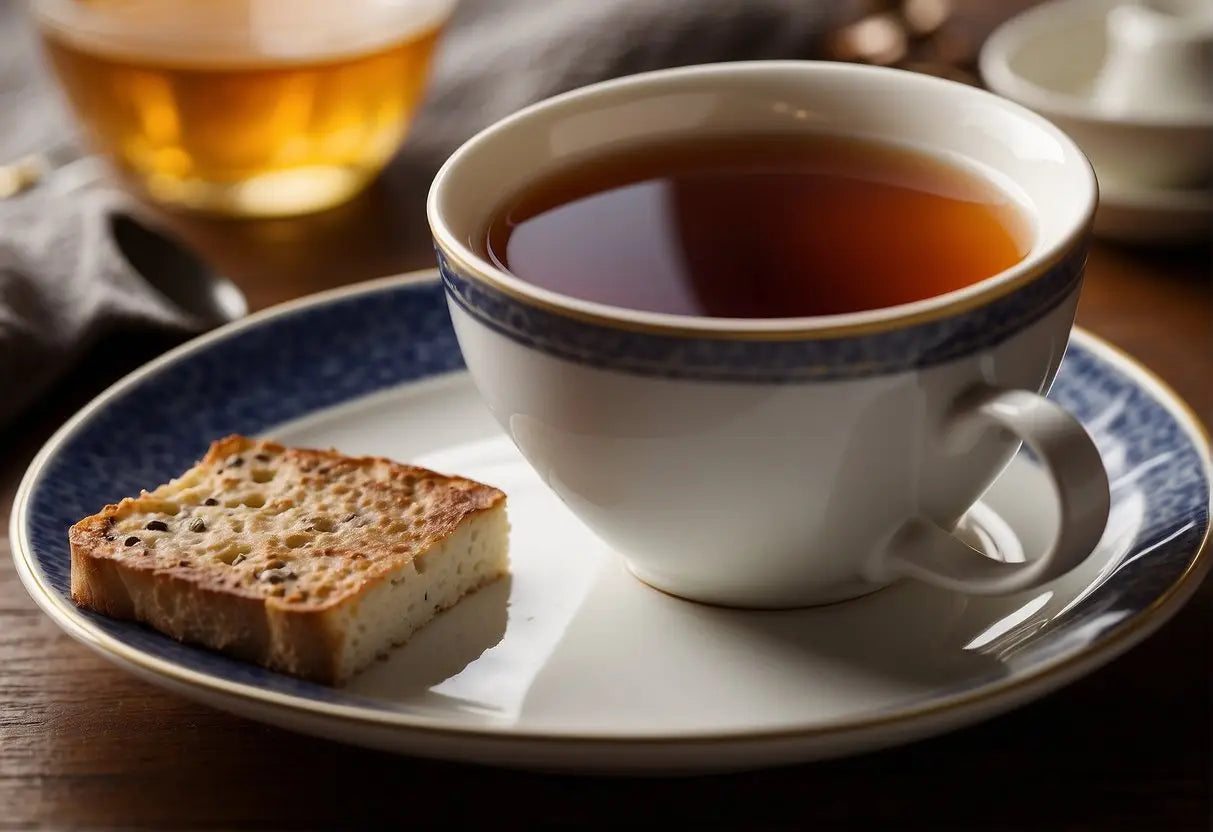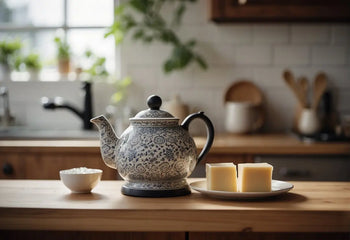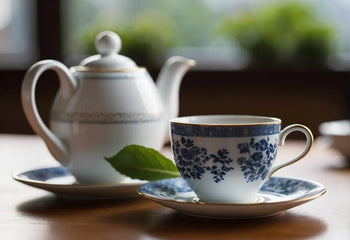How to Clean a Teapot
Shop our Pu Erh Tea collections! Before cleaning your tea pot, it's important to familiarize yourself with its material composition and construction, as these factors will determine the appropriate cleaning method. Different materials such as ceramic, glass, metal, or cast iron require unique care. Ceramic Tea Pots: Non-porous and glazed Generally dishwasher safe Sensitive to sudden temperature changes Glass Tea Pots: Transparent and non-porous Can tolerate high temperatures Prone to breakage if mishandled Metal Tea Pots (Stainless Steel, Copper, etc.): Excellent heat conduction Durable, but can react with certain detergents Some may tarnish over time Cast Iron Tea Pots: Retain...
How Many Times Can You Use a Tea Bag
Check out our Sheng pu erh tea collection and Ripe pu erh tea collection. When determining how many times you can use a tea bag, consider the type of tea and your personal taste preferences. Generally, a tea bag contains enough tea for one to two cups of tea. Single Use Most tea bags are designed for single use. Black, Green, and White Teas: These teas usually provide a robust flavor on the first steep. The second steep may result in a notably weaker taste. Herbal Teas: Some can be steeped multiple times, but the flavor may diminish with each...
What Tea Helps with Constipation
Before exploring how tea can aid with constipation, it's essential to have a clear understanding of what constipation is, its causes, how to recognize it, and the importance of diet. Causes of Constipation Constipation occurs when you experience difficulty in bowel movements or have infrequent stools. Common causes include: Lack of fiber: Diets low in fiber lead to hard stools that are difficult to pass. Dehydration: Inadequate water intake can result in dry stool. Physical inactivity: Limited physical activity can lead to weaker intestinal contractions. Medications: Certain medications can cause constipation as a side effect. Ignoring the urge to go:...
How Much Caffeine in English Breakfast Tea
When you pour yourself a cup of English Breakfast tea, you're typically consuming about 40-70 milligrams of caffeine per 8 oz serving. However, this amount can vary depending on factors such as the brand, brewing time, and strength of the tea. To put this in context, English Breakfast tea generally has less caffeine than a cup of coffee, which contains roughly 95-200 milligrams of caffeine per 8 oz. The following table breaks down the average caffeine levels found in an 8 oz cup of English Breakfast tea: Brewing Time Expected Caffeine Content 1 minute 14-20 milligrams 3 minutes 20-35 milligrams...
Recent articles

